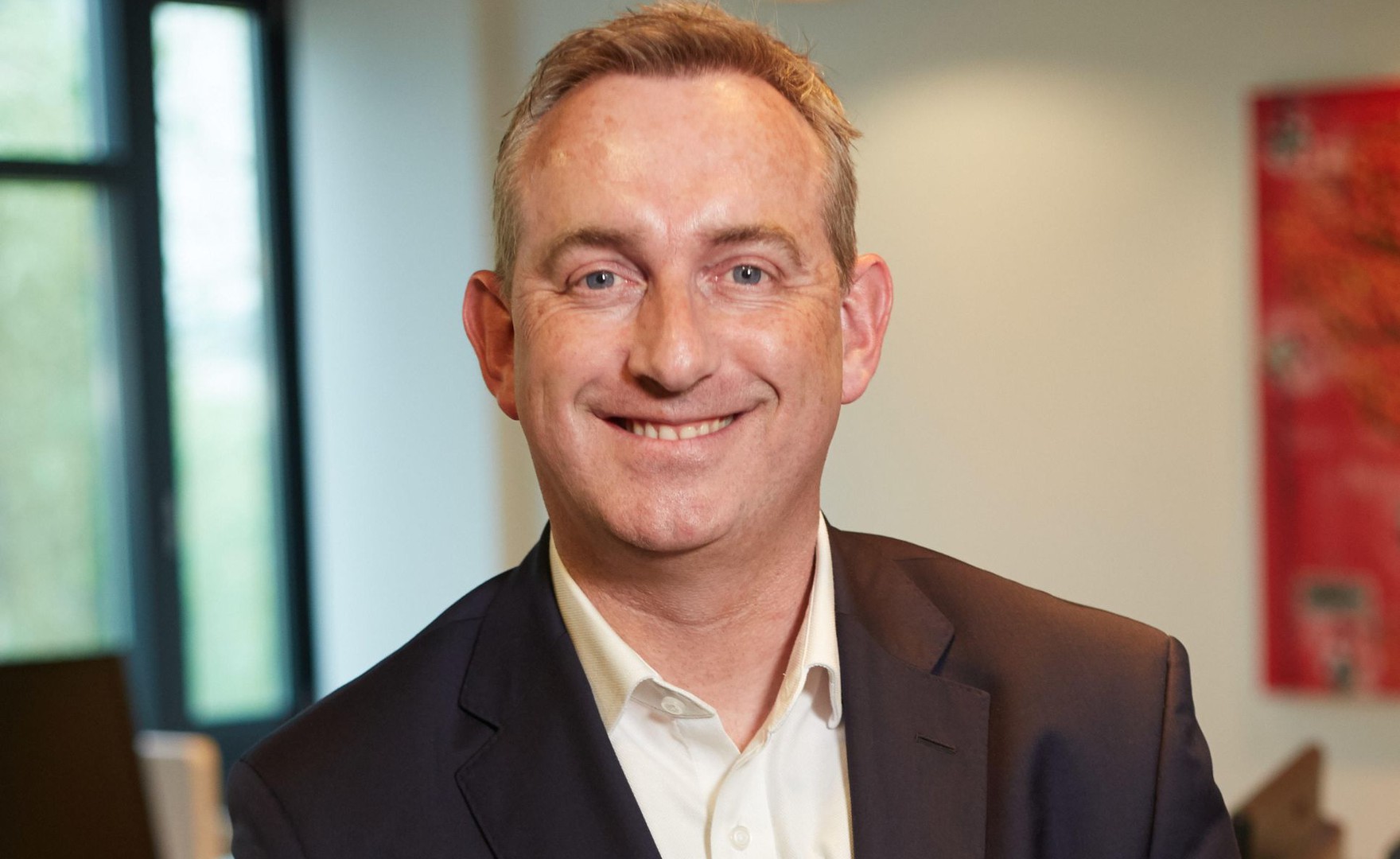If you would like to discover more about coaching and training as a coach, do come along to one of our free upcoming virtual open events or webinars.
The big issue is almost always trust: Philip Atkinson on team coaching
27th August by Lee Robertson
Reading time 3 minutes

Philip Atkinson has over 25 years’ experience in developing high-performing teams at Sanofi, Novartis and Roche. He recently completed the AoEC’s Systemic Team Coaching Certificate so we asked him what about his time on the course.
What is your career background and coaching experience, and what led you to sign up for the AoEC’s Systemic Team Coaching Certificate course?
I have worked for 25 years in multinational companies and always been drawn to the ‘human’ side. As a line manager I developed a reputation and a skill for building and shaping teams. I started a number of coaching programmes a long time ago then joined the AoEC Practitioner Diploma in London and then the Systemic Team Coaching Certificate in Zurich in September 2018.
What did you find were the most beneficial learning experiences on the certificate?
I found it to be a very thought provoking and stimulating three days. The frameworks and structure were great, but as always it was great to reflect on the practice with a very interesting group - and it’s always a real pleasure to learn directly from John Leary-Joyce.
What new skills or competencies did you take away from completing the certificate?
There were some very useful ‘models’ to apply such as Lenconi - but also a chance to practice in a safe environment and to reflect on it.
What typically are the challenges you have been asked to help clients or colleagues address?
Multiple! And it rarely transpired that the issues are what was in the original brief! Everything from supporting the forming of a new team, to developing a vision or to addressing direct conflict or team performance issues.
What are the key factors you’ve observed making a significant impact on the success of your systemic team coaching projects? (e.g. team leader’s appetite for change, team’s willingness to experiment, relationship with team, external influences etc)
A key step is that the whole team is willing to accept an outside coach joining them - this is not always the case!
The big issue is almost always TRUST and that may be trust between the group and the external coach, or trust between specific individuals or perceived trust between the team and the organisation.
I often use the trust equation as a model to discuss with the team.
What are the top 5 results you have most frequently observed resulting from coaching teams systemically?
Smile - an immediate relief or joy at the end of having achieved something.
A buzz - that is maintained and can be felt at a debrief meeting weeks later.
Sustainable - a real effective team has been formed that can work in a self-sustaining way.
Results -a practical outcome has been delivered.
Trust - conflicts or differences have been aired and buried. This is often very satisfying to see for teams that are located on different geographies and usually only connect remotely.
How beneficial to your teams is it to share your thoughts, feelings and reactions as a coach with them (self as instrument)?
At the right time it can be very powerful - but I feel you need to be invited to do so. Often, I find it is appropriate to hold back at the beginning of a programme to let the team evolve - but then share some more observations during the sessions when invited to do so or in the debrief at the end.
How do you measure the effectiveness/results of your team coaching work?
Client feedback - I always like to have ‘check-ins’ during a programme to hear what’s going on for the client, and importantly to make enough time at the end to do so - also in feedback afterwards, informally as well as a survey and then a face-to-face debrief if possible.
What feedback have you received from the clients you have coached?
The best is spontaneous - I once had a round of applause and a cheer for asking one difficult question!
It is also good feedback to be invited back or referred to do more work.
What do you find most rewarding about your coaching work?
Every day is fascinating and rewarding - I love that feeling when a 1:1 client ‘has an Aha! moment’. I also love learning from some great colleagues and collaborators.
A huge thanks to Philip for sharing his experience of coach training with the AoEC.
Interview
Systemic Team Coaching® Diploma / “The richest and deepest coach training experience”
21st November 2023 by Lee Robertson
Jenny Williams is a Master Coach (MCC) and one of the first coaches in the world to be accredited in…
Interview
Systemic Team Coaching® Diploma / “I now follow a path that is much more fulfilling for me”
28th September 2022 by Lee Robertson
Julianna Czifra is a work and organisational psychologist, internationally certified business coach (ICF PCC), and a licensed workplace mediator. Based…
Interview
Systemic Team Coaching® Diploma / “I am privileged to be able to help heroes and heroines become heroic teams”
31st August 2022 by Lee Robertson
Davo Ruthven-Stuart is currently working as head of OD consultancy for Health Care Solutions at NHS Arden & GEM CSU.…